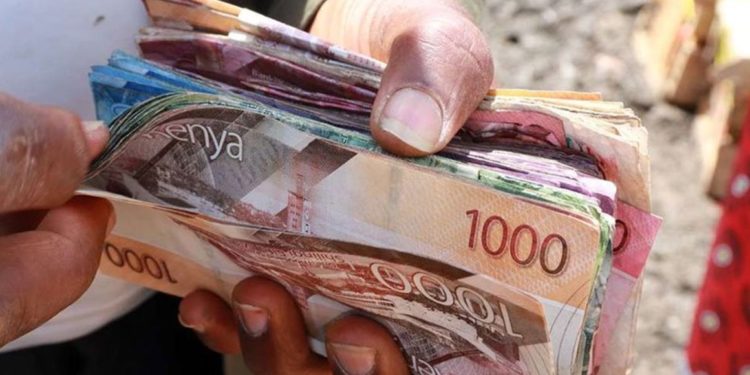Foreign direct investment (FDI) in Kenya rose by 11.6% from KES 1.06 trillion in 2020 to KES 1.19 trillion in 2022, according to the latest Foreign Investment Survey report. The increase comes despite multiple global economic shocks, including the COVID-19 pandemic and geopolitical tensions in Europe and the Middle East.
The report, jointly conducted by the Kenya National Bureau of Statistics, the Central Bank of Kenya, and the Kenya Investment Authority, reveals that Europe remains the largest contributor to Kenya’s foreign investments, accounting for 37.1% of the total in 2022, with the United Kingdom leading the pack.
The survey, which captures data on foreign private capital flows and positions for the period 2020-2022, shows that the stock of foreign liabilities increased by 17.9% from KES 1.74 trillion at the end of 2020 to KES 2.06 trillion at the end of 2022. This growth was primarily driven by the rise in FDI, which accounted for more than half of the stock of foreign liabilities across the period under review.
“The main driver of FDI growth was equity and investment fund shares, which increased by 18.8% from KES 777.9 billion in 2020 to KES 923.9 billion in 2022,” the report states. This underscores the confidence of foreign investors in Kenya’s economic prospects, despite the challenging global environment.
Europe’s dominant position in Kenya’s foreign investment landscape is noteworthy. The United Kingdom contributed 47.2% of the total stock of liabilities from Europe at the end of 2022. Other significant European contributors included the Netherlands, which accounted for 24.1% of the total stock of FDI liabilities from the region.
Africa remained the second-largest source of foreign liabilities, contributing 29.1% of the total stock at the end of 2022. Within Africa, South Africa led the pack, accounting for an average of 37.5% of the total stock of liabilities from the continent over the reference period. Mauritius and the Democratic Republic of Congo also made significant contributions, accounting for 28.4% and 21.2% of African investments, respectively, at the end of 2022.
The survey also highlights the growing importance of Asian investments in Kenya. The stock of liabilities from Asia grew by 17.6% from KES 225.9 billion at the end of 2020 to KES 265.7 billion at the end of 2022, with India accounting for 42.9% of the total liabilities from the region.
Sectoral analysis reveals that finance and insurance activities attracted the largest share of FDI liabilities, accounting for 31.5% in 2022. The manufacturing sector followed with a 16.3% share, while information and communication, wholesale and retail trade, and agriculture also recorded significant shares.
Despite the overall positive trend, the report notes some challenges. Net inflows of foreign liabilities declined from KES 229.9 billion in 2021 to KES 57.1 billion in 2022, primarily due to lower net inflows of Portfolio Investment, Financial Derivatives, and Other Investment.
The survey also sheds light on the Private Sector External Debt (PSED), which increased by 19.6% from KES 938.0 billion at the end of 2020 to KES 1.12 trillion at the end of 2021, before slightly declining to KES 1.10 trillion in 2022. International Financial Institutions were the leading source of PSED, accounting for 17.9% of the total stock at the end of 2022.
On the employment front, enterprises reporting Foreign Assets and Liabilities (FAL) showed a positive trend. Total employment in these firms increased by 2.0% to 169,209 employees in 2021 and further by 7.5% to 181,956 employees in 2022. Notably, the proportion of female employees in these enterprises increased from 36.0% in 2020 to 38.2% in 2022, indicating progress in gender diversity.
The survey also captured investors’ perceptions of the business environment. Respondents cited improvements in internet reliability (29.6%) and transport infrastructure (24.4%) as positive factors. However, concerns were raised about the cost of electricity (22.2% of respondents), cost of credit (17.8%), and tax policy measures (16.5%).
Climate change emerged as a significant concern, with 87.7% of respondents expressing worry about its impact. However, only 20.9% of respondents indicated they had invested in waste minimization and recycling initiatives to build resilience against climate risks.
The report’s findings suggest that Kenya continues to attract significant foreign investment despite global economic challenges. However, the country faces the task of addressing investor concerns and promoting sustainable practices to maintain its attractiveness as an investment destination.
















